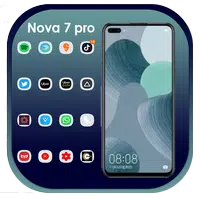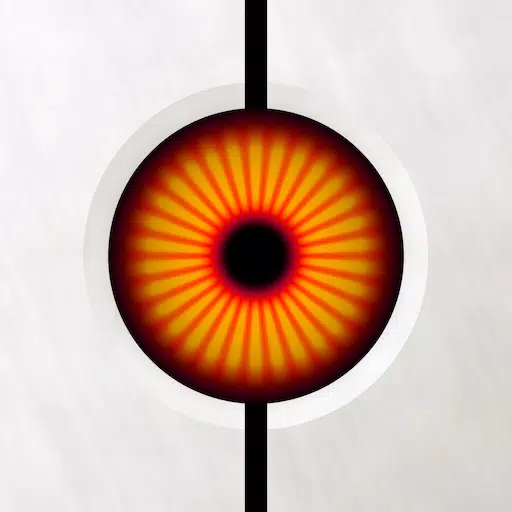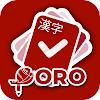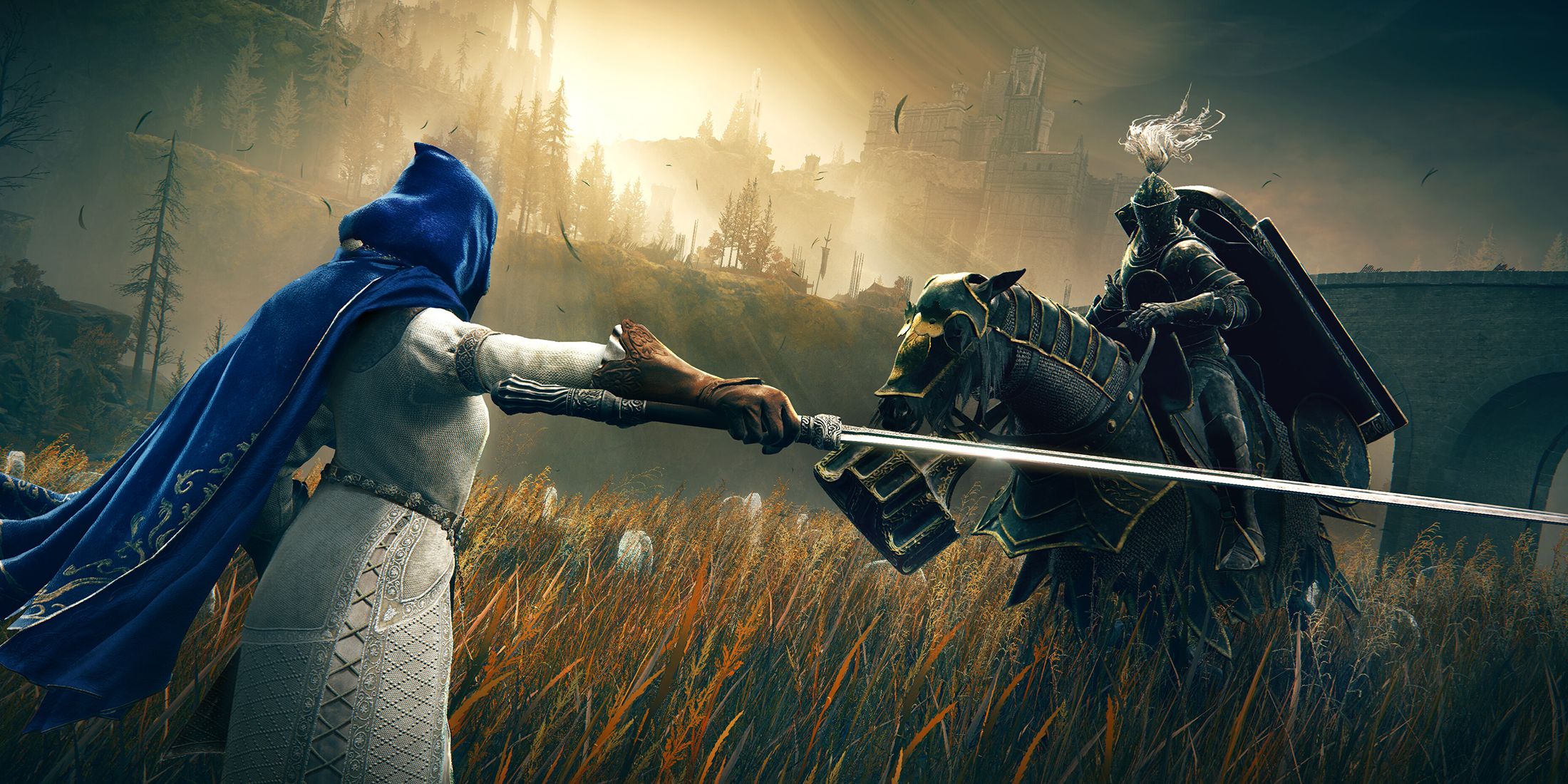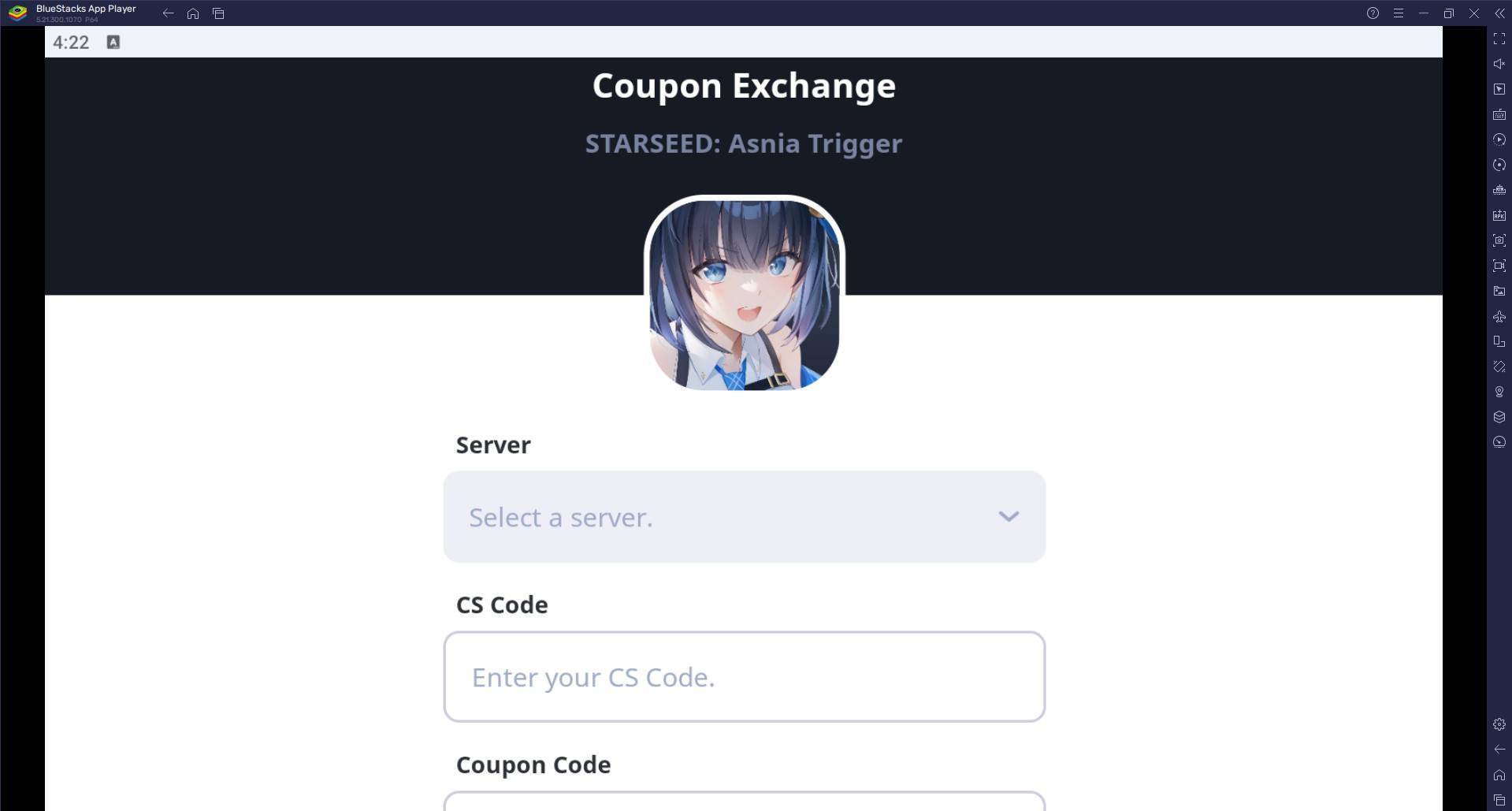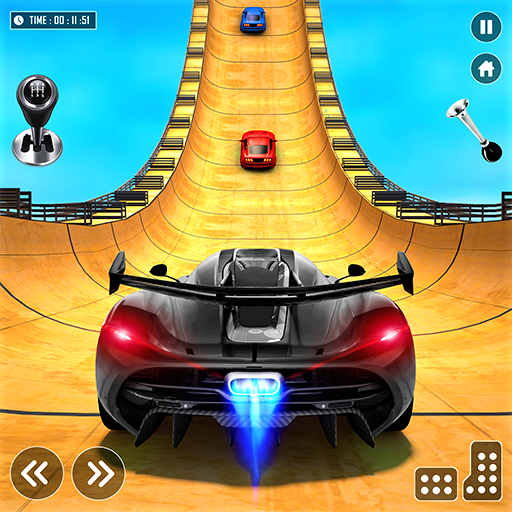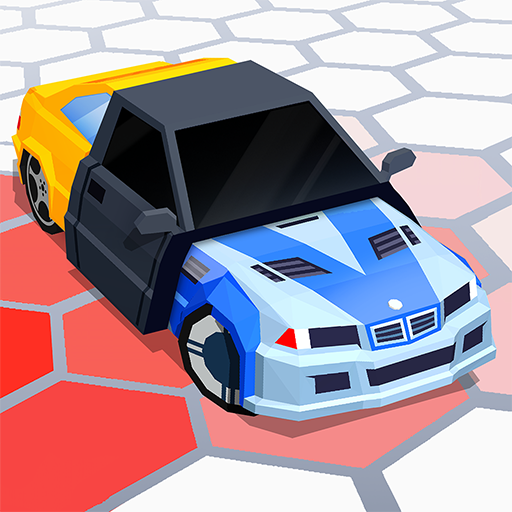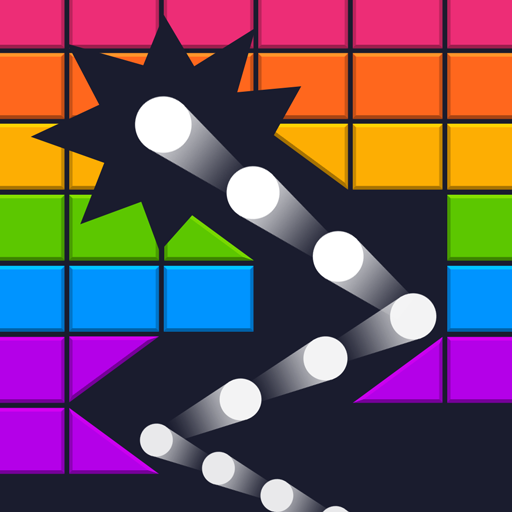How to Connect the Asus ROG Ally to a TV or Gaming Monitor
The ROG Ally, launched in 2023, has quickly become a compelling alternative to the Steam Deck, thanks to its Windows operating system that allows access to a wider range of games. The following year saw the release of the ROG Ally X, which not only upgraded the internal components but also enhanced user comfort with improved cooling and ergonomics.
While the ROG Ally's primary allure is its portability, the ability to connect it to a larger screen for a more immersive gaming experience is a significant advantage. Both the original ROG Ally and the ROG Ally X can be effortlessly linked to an external display such as a TV or gaming monitor. Below, you'll find a comprehensive guide on how to connect your ROG Ally to a TV or monitor, complete with detailed instructions and recommendations to enhance your gaming setup.
How to Connect With an Adapter
Connecting your ROG Ally to a TV or monitor can be achieved through various methods, but using an adapter is a straightforward and space-saving option. Whether you choose a compact dongle-style adapter, a direct cable, or the official ROG Gaming Charger Dock, there's a solution to fit your needs.
What You'll Need
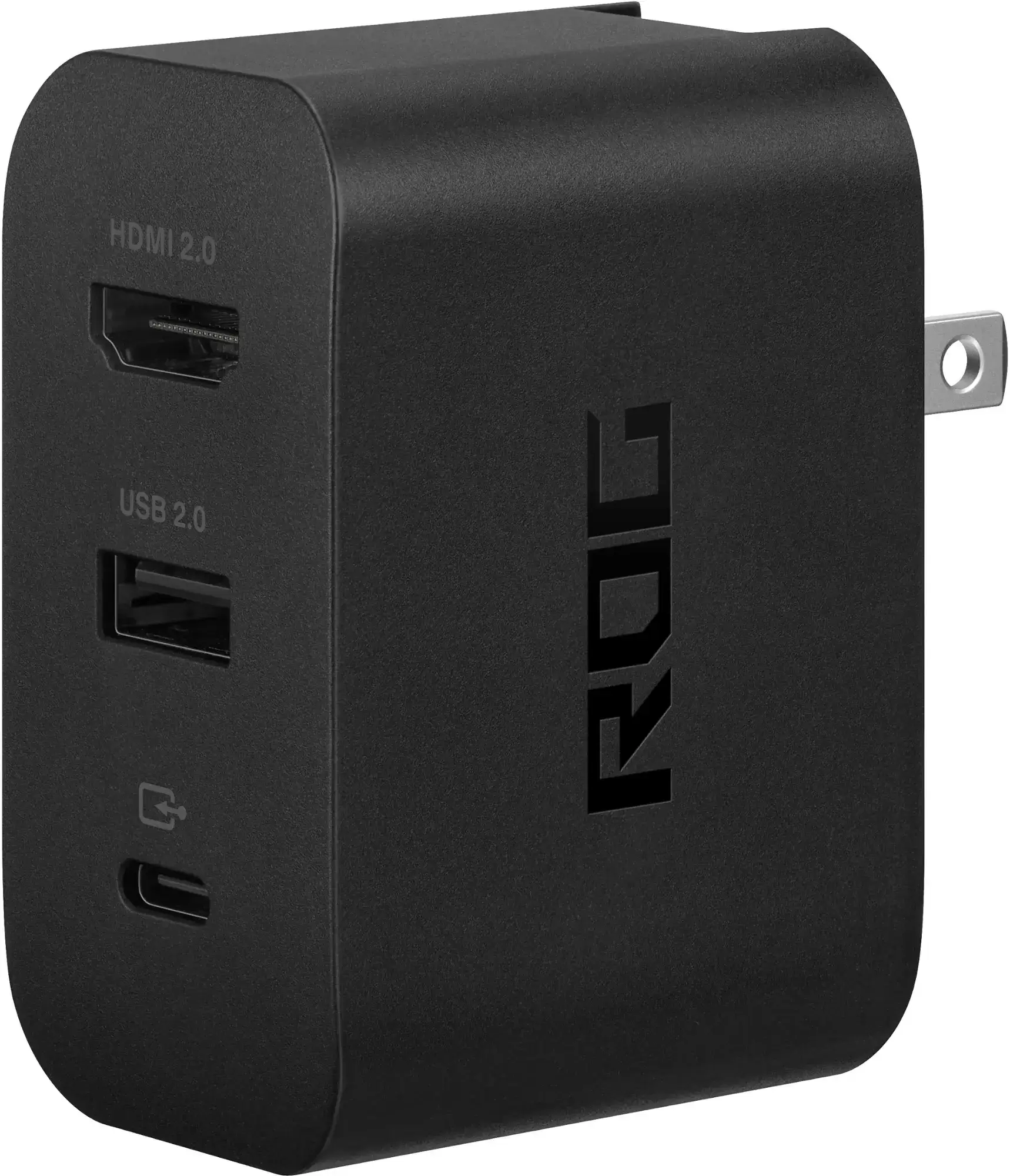
The ASUS ROG 65W Charger Dock is an excellent choice for those looking for a minimalistic solution. It supports HDMI 2.0 and features both USB Type-A and USB Type-C ports for the ROG Ally. It serves dual purposes as both a charger and a display connector, requiring only a USB-C and HDMI cable to get started. Additionally, the dock includes a USB-A port for connecting peripherals like a mouse or keyboard.
Alternatively, you can opt for a third-party USB-C to HDMI adapter, which you can plug directly into the ROG Ally's USB-C port. Then, connect an HDMI cable from the adapter to your TV or monitor. For a seamless one-cable solution, consider a USB-C to HDMI cable that connects directly from your ROG Ally to your display.
Some USB-C to HDMI adapters come with a passthrough USB-C port, allowing you to charge your ROG Ally while it's connected to an external display. If your adapter has this feature, you'll need an additional USB-C cable and your power adapter to keep the battery charged during gameplay.
How to Connect: Step-by-Step Instructions
- Plug a USB-C to HDMI adapter (or cable) into the ROG Ally's USB-C port on the top of the enclosure. If you're using the ROG Gaming Charger Dock, connect one end of a USB-C cable to the ROG Ally's USB-C port and the other end to the USB-C charging port on the Charger Dock.
- Connect an HDMI cable to the adapter (or Charger Dock) and plug the other end into an available HDMI port on your TV or monitor. For a direct USB-C to HDMI cable, simply connect the HDMI end to your display.
- (Optional) If your USB-C adapter has a passthrough USB-C port for charging, connect your ROG Ally's power adapter to this port to supply power.
- Power on the ROG Ally; it should automatically detect and output the video signal.
- Switch your TV or monitor to the appropriate HDMI input to view your ROG Ally's display.
How to Connect With a Docking Station
For a setup reminiscent of the Nintendo Switch, a docking station may be the ideal choice. Although the ROG Ally lacks an official docking station beyond the ROG Gaming Charger Dock, numerous third-party options are available. These docking stations not only allow you to connect your ROG Ally to a TV or monitor but also serve as a charging stand.
What You'll Need
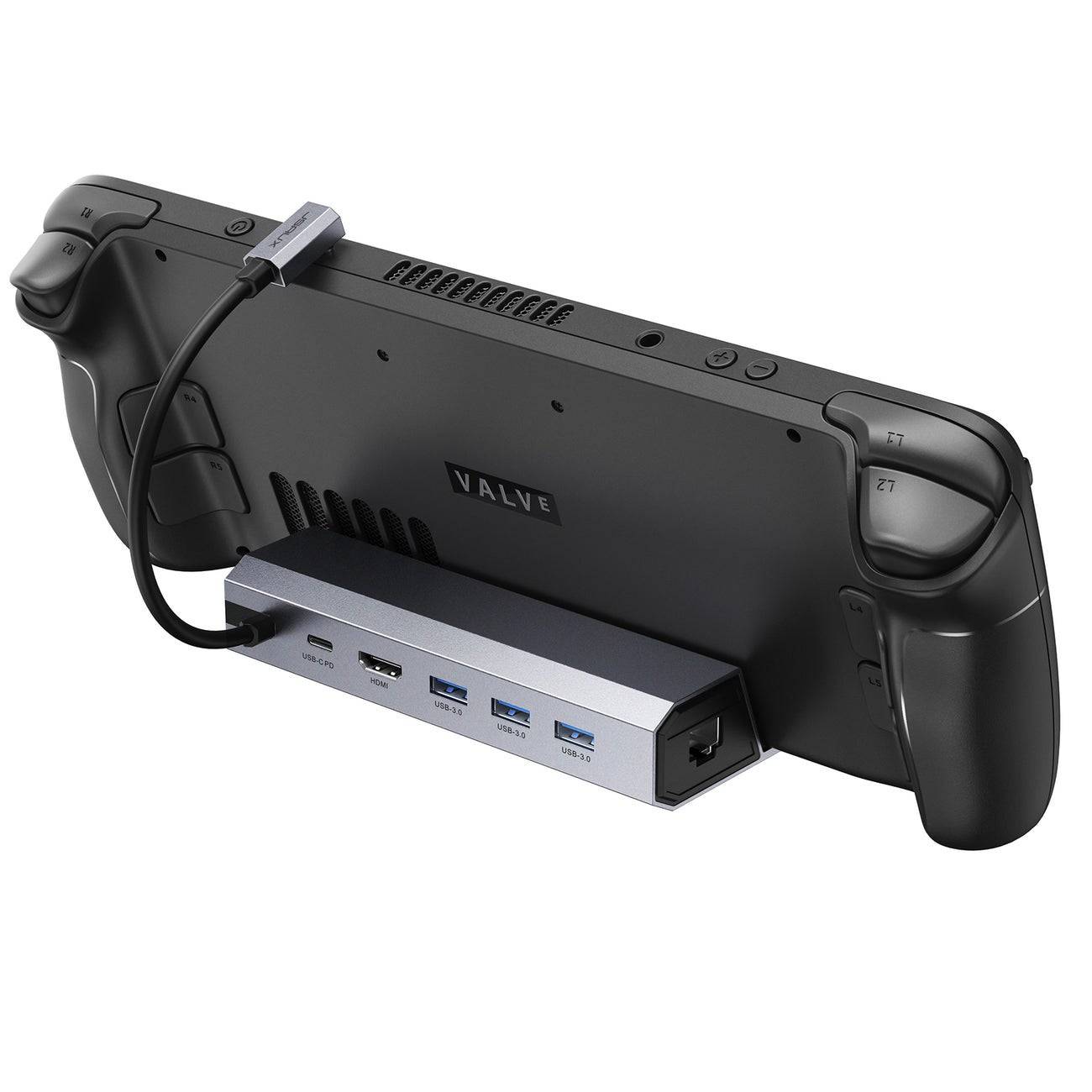
Our top pick is the JSAUX Docking Station HB0603, which offers 100 watts of power for fast charging and comes equipped with multiple ports. This lightweight and compact dock also functions as a stand, enhancing your gaming setup. Basic docks typically include an HDMI port and a USB-C passthrough charging port, while more advanced models may offer additional USB ports for peripherals, an Ethernet port for a stable internet connection, SD card slots for expanded storage, and a Display Port for connecting another screen. Smaller, portable docks are perfect for traveling with your ROG Ally and connecting to larger displays on the go. Many docks compatible with the Steam Deck will also work seamlessly with the ROG Ally.
How to Connect: Step-by-Step Instructions
- Place your ROG Ally into the dock.
- Connect the USB-C power cord to the ROG Ally's USB-C port on the top of the enclosure.
- Connect your ROG Ally's power adapter to the USB-C charging port on the dock.
- Plug an HDMI cable into the dock's HDMI port and connect the other end to an available HDMI port on your TV or monitor.
- Power on the ROG Ally; it should automatically detect and output the video signal.
- Switch your TV or monitor to the correct HDMI input to view your ROG Ally's display.
You'll Also Need a Controller
While you can connect a mouse and keyboard to your ROG Ally's docking solution, using a wireless controller often provides the most comfortable gaming experience, especially on a larger screen. Fortunately, the ROG Ally supports any Bluetooth-enabled gaming controller. Below are our top recommendations for controllers that are compatible with both the Steam Deck and the ROG Ally.
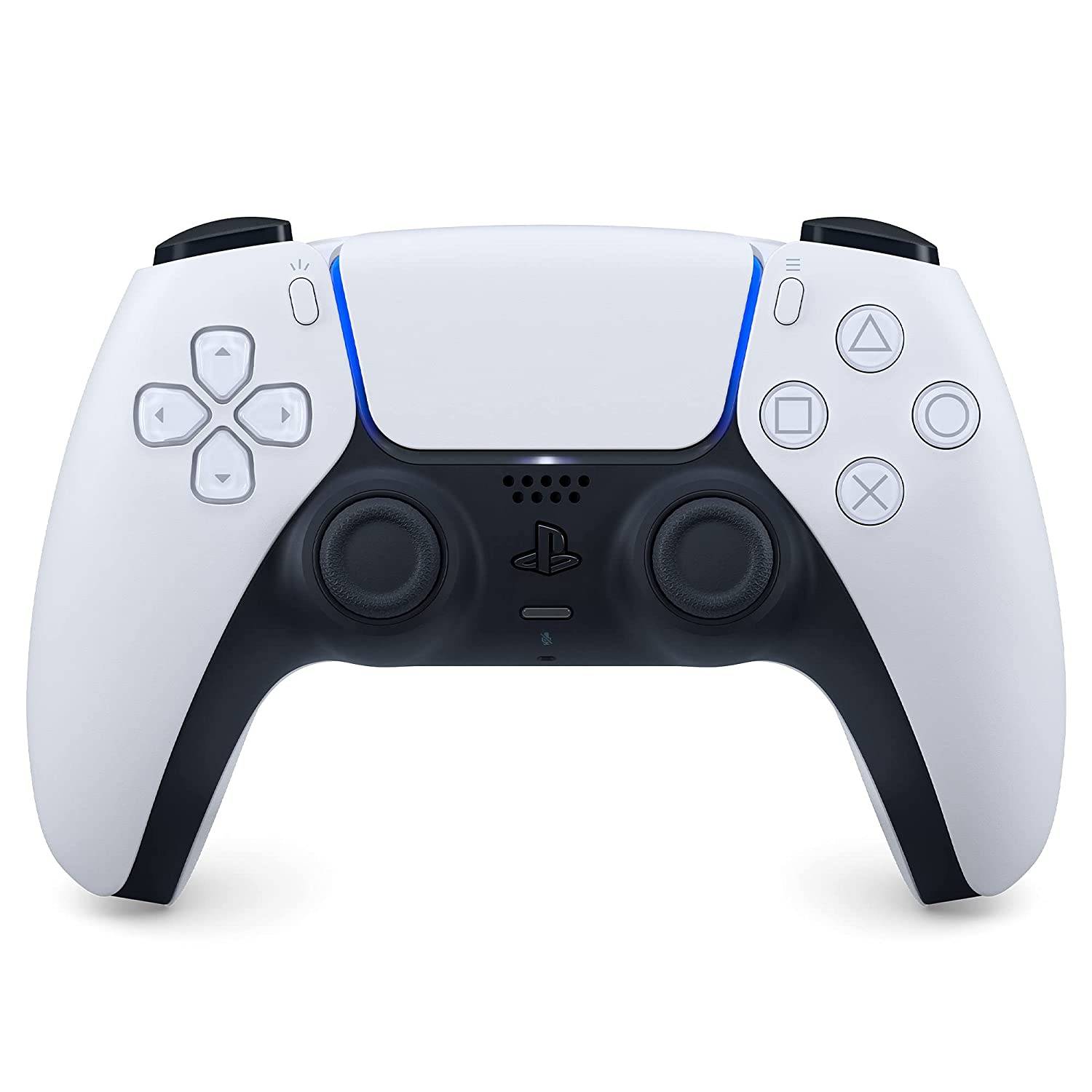 Our Top Pick
Our Top Pick
Sony DualSense
See it at Amazon | See it at Best Buy | See it at Target
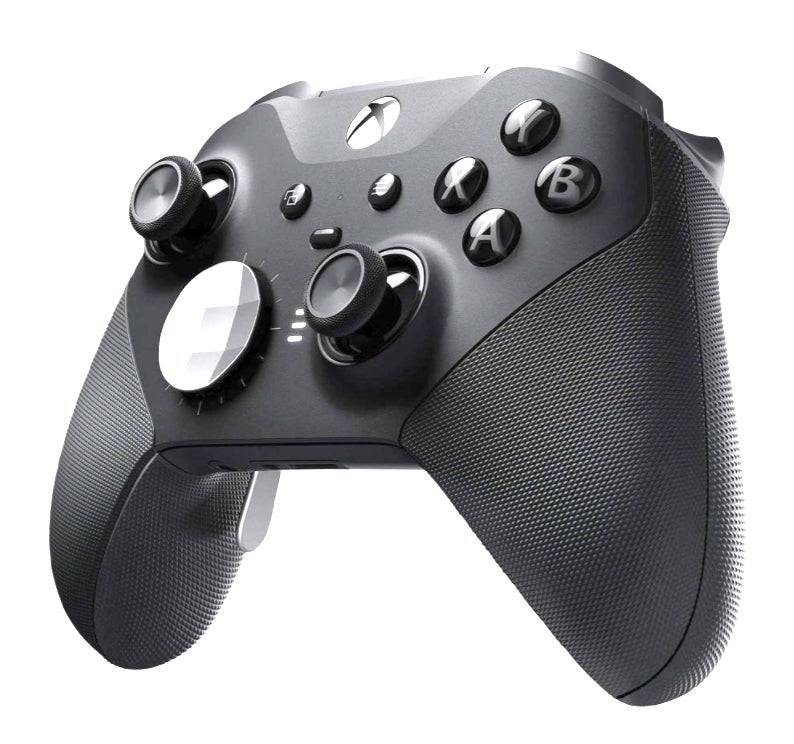
Xbox Elite Series 2 Controller
See it at Amazon | See it at Best Buy
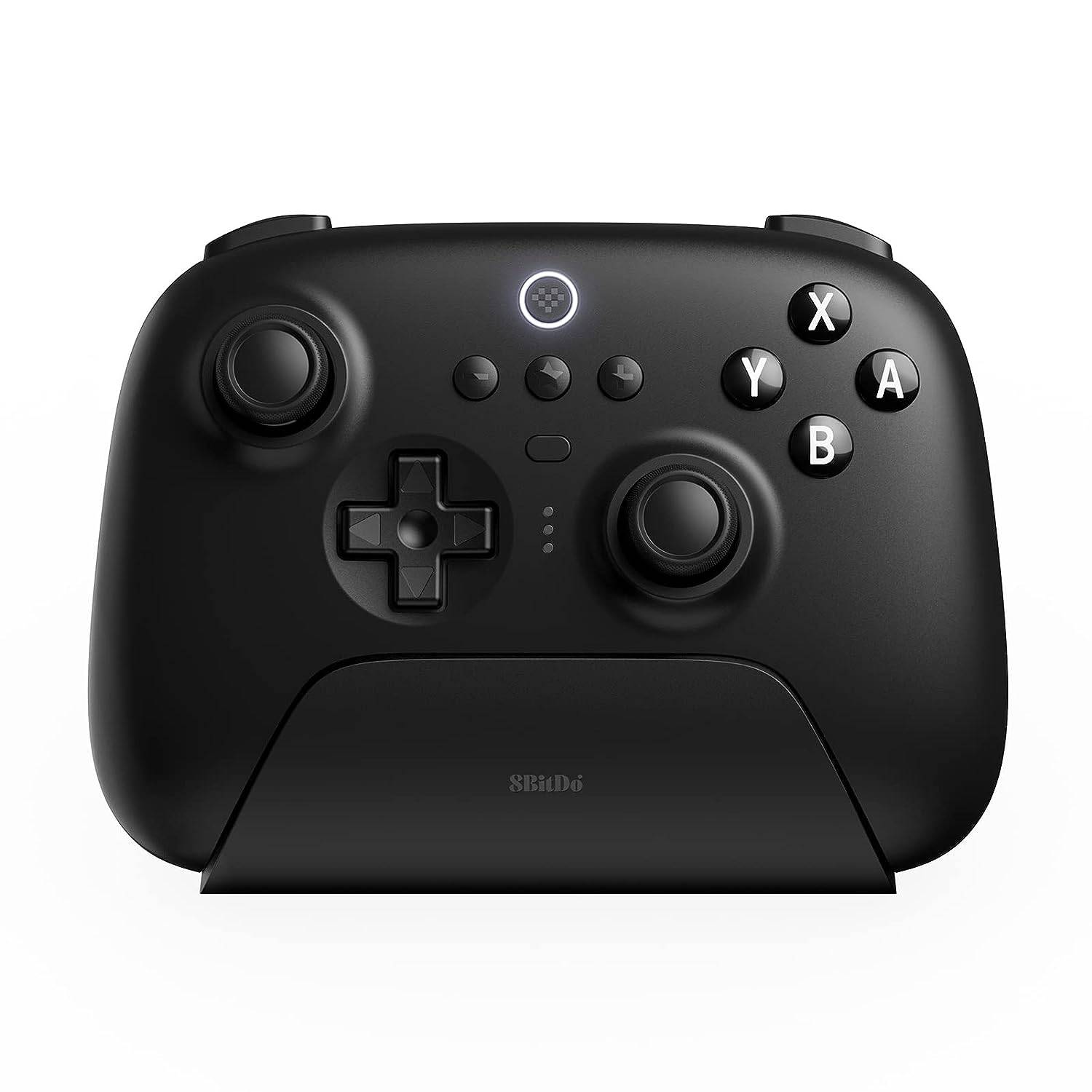
8BitDo Ultimate Controller
See it at Amazon
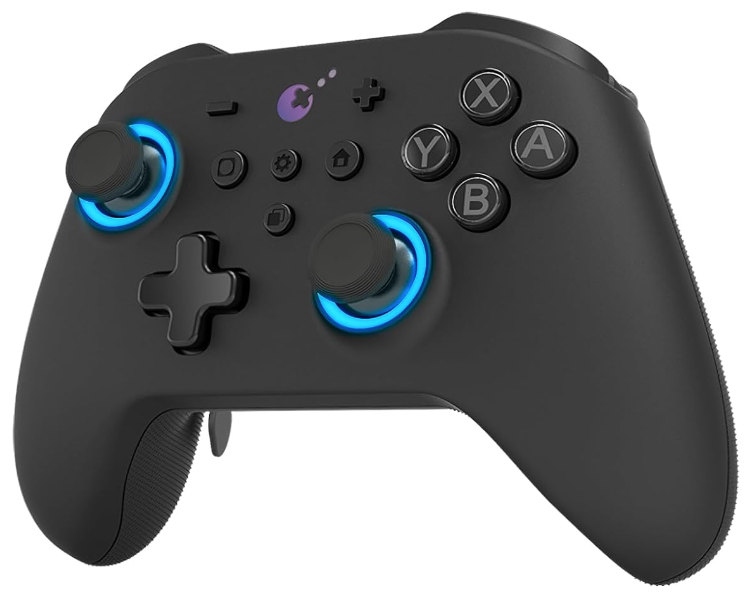
GuliKit KingKong 3 Max Controller
See it at Amazon
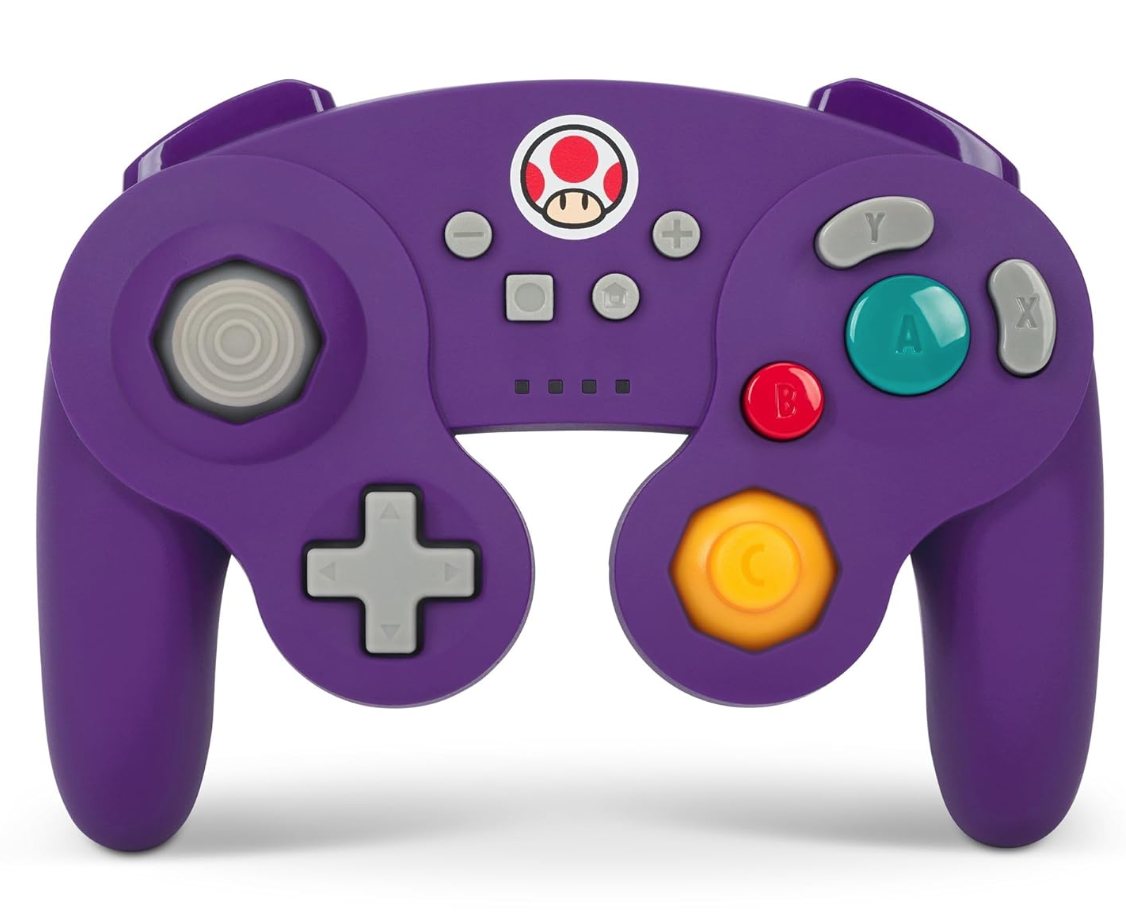
PowerA Wireless GameCube Style Controller
See it at Amazon
These options include first-party controllers like the PS5's DualSense, the Xbox Wireless Controller, and the Nintendo Switch Pro Controller, as well as various third-party controllers. Some controllers utilize a 2.4GHz wireless connection with an included USB adapter, which often provides lower latency and better range than standard Bluetooth controllers. For a simple plug-and-play experience, you can also opt for a wired USB controller if you're close to your ROG Ally or docking station.
- 1 Pokemon GO Fest 2025: Dates, Locations, and Event Details Jan 08,2025
- 2 Pokémon TCG Pocket: Wonder Pick Date, Time, and Promo Cards – February 2025 Mar 03,2025
- 3 How to Get All Ability Outfits in Infinity Nikki Feb 28,2025
- 4 Black Myth: Wukong Tops Steam Charts Days Before its Launch Jan 07,2025
- 5 Ukrainian Internet Stalled as 'S.T.A.L.K.E.R. 2' Release Overwhelms Dec 30,2024
- 6 inZOI, a Korean Sims-Like, Delayed to March 2025 Mar 01,2025
- 7 Starseed Asnia Trigger Codes (January 2025) Mar 06,2025
- 8 Assassin's Creed Shadows Postponed to March 2025 for Enhancements Feb 21,2025
-
Budgeting & Investing: Your Guide to Financial Apps
A total of 9
-
Addictive Hypercasual Games for Quick Play
A total of 10
-
Best Role Playing Games for Android
A total of 10

